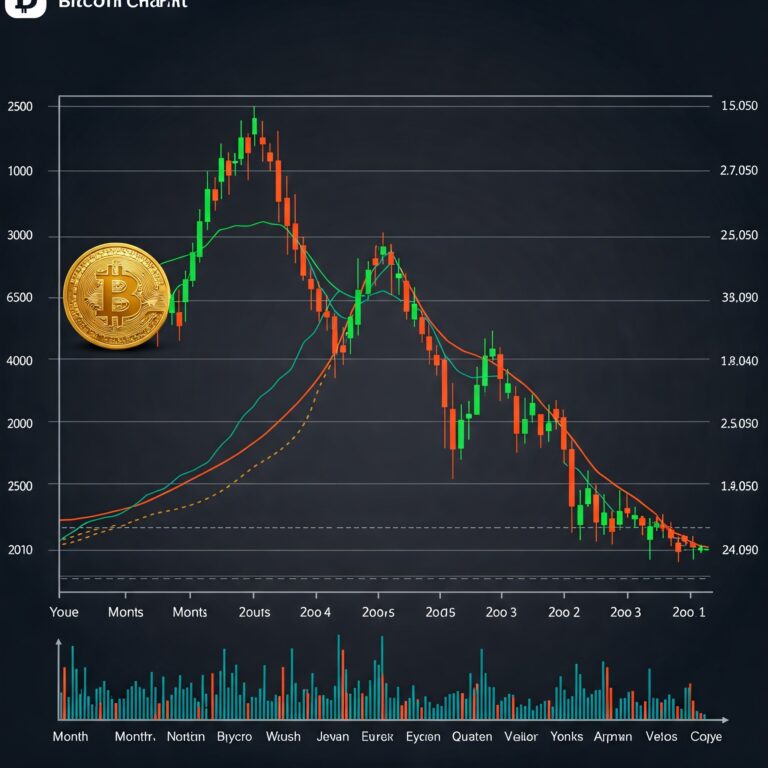
Michael Saylor, co-founder and executive chairman of MicroStrategy, has once again made headlines with his bold stance on Bitcoin and traditional investments. In a recent interview, Saylor advised businesses to pivot away from what he terms “toxic” bonds and allocate resources toward Bitcoin, which he believes offers a more sustainable and profitable future.
Why Saylor Prefers Bitcoin
Saylor’s enthusiasm for Bitcoin is no secret. Under his leadership, MicroStrategy has amassed over 150,000 BTC, making it one of the largest corporate holders of the cryptocurrency. According to Saylor, Bitcoin’s attributes—decentralization, scarcity, and resistance to inflation—make it a superior store of value compared to bonds.
“Bonds are melting ice cubes,” Saylor said, referring to the erosion of their real value due to inflation and low yields. “Bitcoin, on the other hand, is digital gold. It’s a long-term hedge against monetary debasement.”
The Case Against Bonds
Bonds, historically considered a safe investment, have faced growing criticism due to:
- Low Yields: With central banks maintaining low interest rates, bond yields have failed to keep pace with inflation, resulting in negative real returns for investors.
- Debt Risks: Rising global debt levels pose a significant risk to bondholders, as the likelihood of defaults increases in times of economic stress.
- Inflation Impact: Persistent inflation erodes the purchasing power of fixed-income assets, diminishing their appeal as a reliable investment vehicle.
Saylor argues that businesses holding large reserves in bonds are essentially losing value year after year, a trend that could jeopardize their financial stability in the long term.
Bitcoin as an Alternative
Saylor’s argument for Bitcoin revolves around its potential to act as a deflationary asset with long-term value appreciation. Unlike fiat currencies or bonds, Bitcoin has a fixed supply cap of 21 million coins, which Saylor believes creates a unique economic dynamic.
“Bitcoin is not just a financial innovation; it’s a technological breakthrough,” Saylor stated. “It’s the future of money and an insurance policy against economic uncertainty.”
Adoption Among Businesses
MicroStrategy’s Bitcoin strategy has inspired several companies to explore similar approaches. Tesla, Square (now Block), and other corporate entities have added Bitcoin to their balance sheets as a hedge against inflation and currency devaluation.
Despite its volatility, Bitcoin’s long-term growth potential has prompted a paradigm shift among forward-thinking businesses. Saylor emphasized that early adopters stand to gain the most as institutional interest in Bitcoin continues to grow.
Critics’ Perspective
Not everyone agrees with Saylor’s approach. Critics highlight Bitcoin’s price volatility, regulatory uncertainties, and environmental concerns as significant drawbacks. Financial traditionalists argue that a balanced portfolio, including equities, bonds, and alternative assets, remains the most prudent strategy.
Conclusion
Michael Saylor’s advice to businesses is as audacious as it is polarizing: abandon the safety net of bonds and embrace the transformative potential of Bitcoin. Whether his vision proves prophetic or overly optimistic, one thing is clear—Bitcoin continues to challenge traditional financial norms, reshaping the way businesses think about investments and value preservation.



